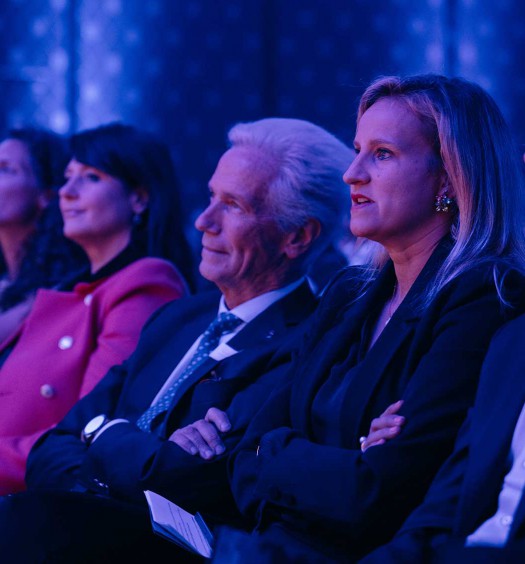A sustainable approach to business is needed. Companies applying the essential features of corporate sustainability leadership are the ones that will benefit the most in the future.
Clean energy sources alternative to fossil fuels and oil have been widespread for many years now. Various countries around the world use wind power and solar panels to reduce their dependence on sources of pollution such as oil. But this transition to sustainable renewable energy is accelerating rapidly and climate change is now high on the list of priorities in many States.
It has become one of the biggest and most mentioned international challenges. Scientific consensus calls for this global issue to be solved as soon as possible. It is a particularly daunting task, though, as it requires multiple actors across society and the economy to take action. Sustainable development is a significant challenge for everybody – governments, civil society, the private sector.
Most countries have already shown the political will to tackle climate change. Yet, if there is one group that can genuinely make a difference to help save the planet, it is the private sector. During recent international climate talks, governments have come up with ideas and plans of actions to fight global warming. Yet, those types of agreements are unlikely to have binding power to cause real change, which is why international companies have to step in.
Business leadership is central to developing and maintaining the kind of markets and economies that the environment and society need to thrive. While managers may disagree on the urgency and the impact of global warming, a large part of them have already stepped up and integrated climate actions into their strategies. Some of them have already achieved dramatic improvements in sustainability performance.
The Benefits of a Smooth Energy Transition
More and more top executives realise that a sustainable approach to business is not at odds with economic and profit growth. On the contrary, it’s a logical business case. The benefits of reducing greenhouse gas emissions outweigh the costs of climate inaction by trillions of dollars. Besides, sustainable business is good for the brand, as it is something customers, particularly the youngest generations, are looking for and expect.
Another crucial driver for the energy transition is cost. According to Bloomberg New Energy Finance, solar panels and ‘onshore’ wind power are today the cheapest energy sources in countries that comprise two-thirds of the world’s population and 85% of global electricity demand. This trend, fuelled by improved technological efficiency and falling costs, is continuing to channel investment into renewable energy.
With a smooth transition to a more sustainable business, private companies would help solve a large part of the global warming challenges. In the book “All In: The Future of Business Leadership,” three leading thinkers in the field of sustainability suggest businesses deploy “the most global set of actors in existence, with both the ability and responsibility to drive greater sustainability across markets and society“.
According to the authors, David Grayson, Chris Coulter, and Mark Lee, companies have to go “All In” on sustainability, which is both possible and the best route to long-term business success. In order to do so, they have to be led by far-sighted executives who have the will and vision to become leaders in sustainable business development.
Guiding Businesses towards a More Sustainable Future
It all starts with hiring. Businesses need to put together a lean, strong team that is capable of stretching their capacities to harmonise commercial success and sustainability performance in the future. Teams capable of facilitating positive change in the workplace and respond to problems on time are those that will ultimately guide organisations towards a more sustainable future.
From launching new initiatives to reduce emissions to setting guidelines to encourage employees to adopt more environmentally friendly behaviour, the possibilities are manifold. Each company has to find its way to contribute to solving environmental challenges. In finance, asset managers and investment companies are integrating ESG criteria and impact investing in their business models.
In the commodity industry, groups have started to implement actions across their value chains to reduce their emissions and increase supply chain transparency. But there still is a long way to go. Of the over 75 international organisations that report their greenhouse-gas emissions to CDP, only 25 percent engaged their suppliers in efforts to reduce emissions.
It is unfortunate, says Christiana Figueres, Executive Secretary of the UN Framework Convention on Climate Change, because “suppliers that are better able to tackle sustainability challenges, such as climate change and water risk, are simply better business partners.” By working closely with their suppliers, consumer and commodity companies can lessen their environmental and social impact, while positioning themselves for healthy growth.
In a new era defined by sustainability awareness, recruitments firms specialised in identifying talents like Ampersand World are developing strategic plans designed to promote business sustainability and help ensure responsible and ethical success for international companies. According to analysts, businesses that meet their “green” targets will be rewarded with an increase in cash flows and shareholders’ investments, while enjoying a stronger brand reputation.















